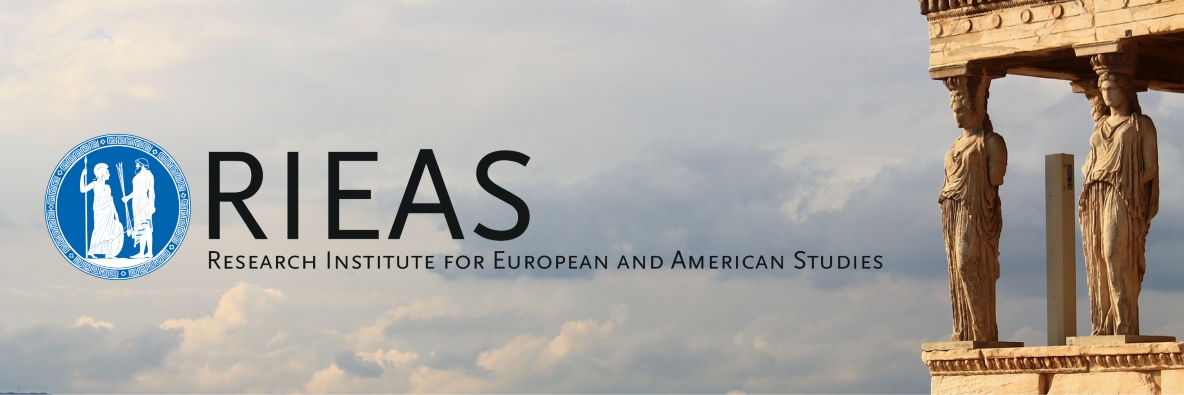PAKISTAN IN THE US, THE US IN PAKISTAN: SELF-DENIAL IS THE BIGGEST THREAT TO WORLD PEACE
 Rakesh Krishnan Simha
Rakesh Krishnan Simha
(He is a New Zealand-based journalist and foreign affairs analyst. He started his career in 1995 with New Delhi-based Business World magazine, and later worked in a string of positions at other leading media houses such as India Today, Hindustan Times, Business Standard and the Financial Express, where he was the news editor).
Copyright: Research Institute for European and American Studies (www.rieas.gr) Publication date: 3 June 2016
One of the ironies of being a Pakistani living abroad, especially in the West, has to pose as Indian. According to Asghar Choudhri, the chairman of Brooklyn's Pakistani American Merchant Association, a lot of Pakistanis can't get jobs after 9/11 and after the botched Times Square bombing of 2010, it's even worse. "They are now pretending they are Indian so they can get a job," he told a US wire service....Read more

 Dr. Swaleha Sindhi
Dr. Swaleha Sindhi John Coyne
John Coyne A Report
A Report Andrew Hsia
Andrew Hsia Hanif-ur-Rehman (PhD)
Hanif-ur-Rehman (PhD)